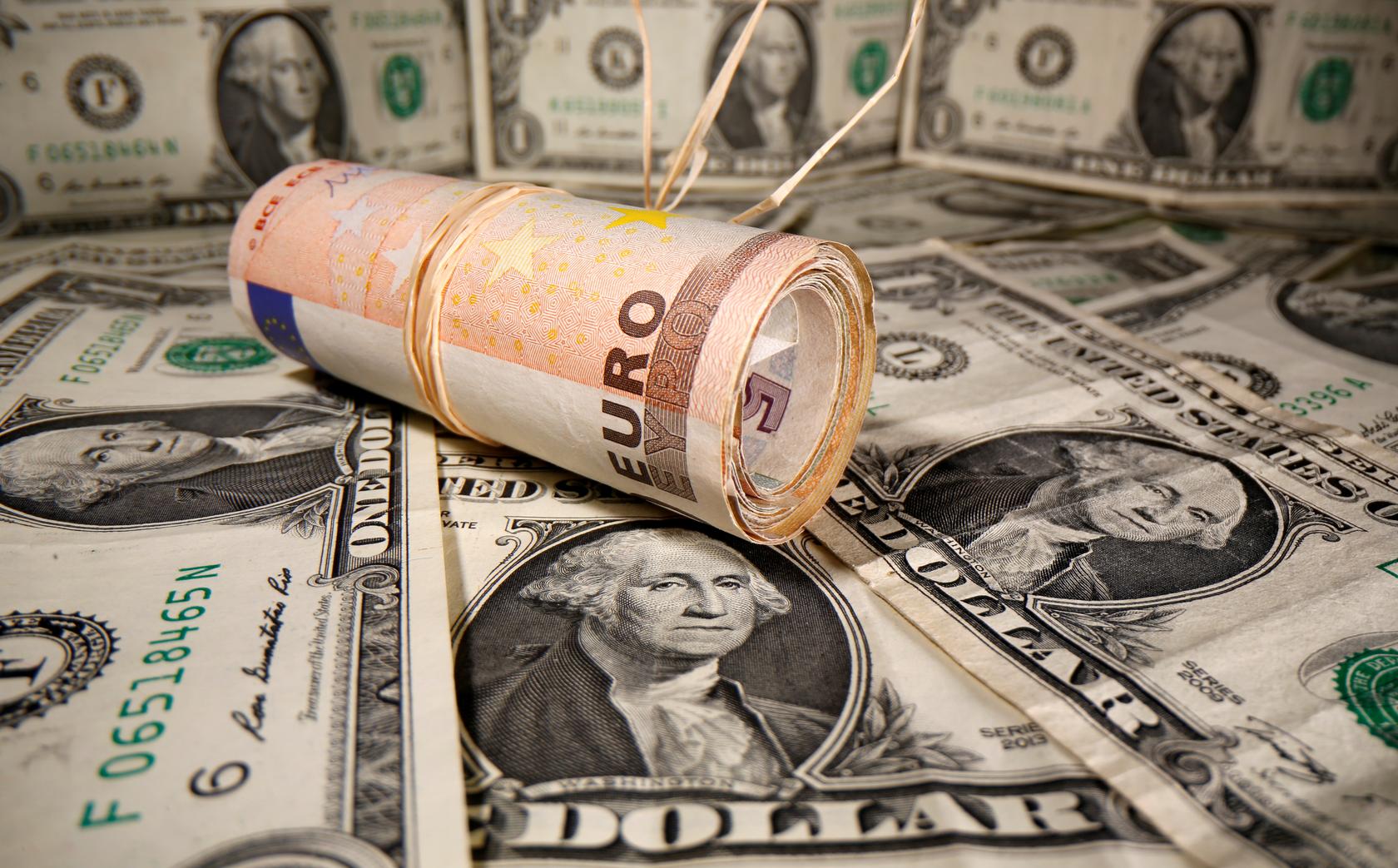Yen wallows as Omicron fears subside and rate hikes loom

The yen was pinned near a five-year low on the dollar on Wednesday and nursing losses on other crosses as traders wagered the Bank of Japan would lag a looming wave of global policy tightening as inflation gallops ahead around the world.
The yen tumbled through support around 115.50 per dollar on Tuesday to hit the five-year trough at 116.35. It last sat at 116.15 per dollar. It also dropped through its 200-day moving average to a two-month low of 131.45 per euro and was hovering at 131.06 per euro early in the Asia session.
The yen fell to a more than six-year low against the Swiss franc and a seven-week trough on the Aussie.
“Sharply higher COVID-19 case numbers in the U.S. (and a little higher in China) appear to be primarily boosting supply-chain concerns and fears of higher inflation in the U.S., rather than boosting growth concerns,” said Nomura economist Andrew Ticehurst.
This has led to a sharp jump in U.S. Treasury yields in the first trading days of the year and the widened gap on Japanese yields – anchored by the central bank – has hurt the yen.
The euro hovered near a two-week low against the dollar at $1.1279. The risk-sensitive Australian and New Zealand dollars also resumed an attempt to rally as fears of Omicron derailing the world’s recovery subsided.
The kiwi last bought $0.6819 and the Aussie $0.7236. Both remain shy of resistance around $0.6857 and $0.7270 respectively. The U.S. dollar index was rangebound at 96.313.
Sterling, meanwhile, has rallied 2.7% in a dozen trading days since Dec. 20 as traders also reckon surging Omicron cases in Britain won’t deter the Bank of England from lifting rates. The pound last bought $1.3527.
Minutes from the Federal Reserve’s December meeting, due to be published at 1900 GMT, could underscore U.S. policymakers’ newfound sensitivity to inflation and their readiness to act. Partial U.S. labor data on Wednesday and non-farm payrolls on Friday will also be watched for a guide to the trajectory.
Fed Funds futures show traders see rates lifting off by May. Analysts at Standard Chartered now expect 25-basis point hikes in March and June rather than one hike in September.
U.S. two-year and five-year yields stand near pandemic highs and benchmark 10-year yields are up more than 14 basis points this week.
Against that leans some element of caution as markets remain thinned by holidays.
“Despite the explosive rally in USD/JPY, I still can’t get excited about the idea of a stronger USD right now,” said Brent Donnelly, trader and President at analytics firm Spectra Markets.
“The rates move certainly has grabbed everyone’s attention but it’s hard to know how much to read into a move on the first trading day of the year. The big question remains: Can the Fed hike more than a few times without breaking everything?”

